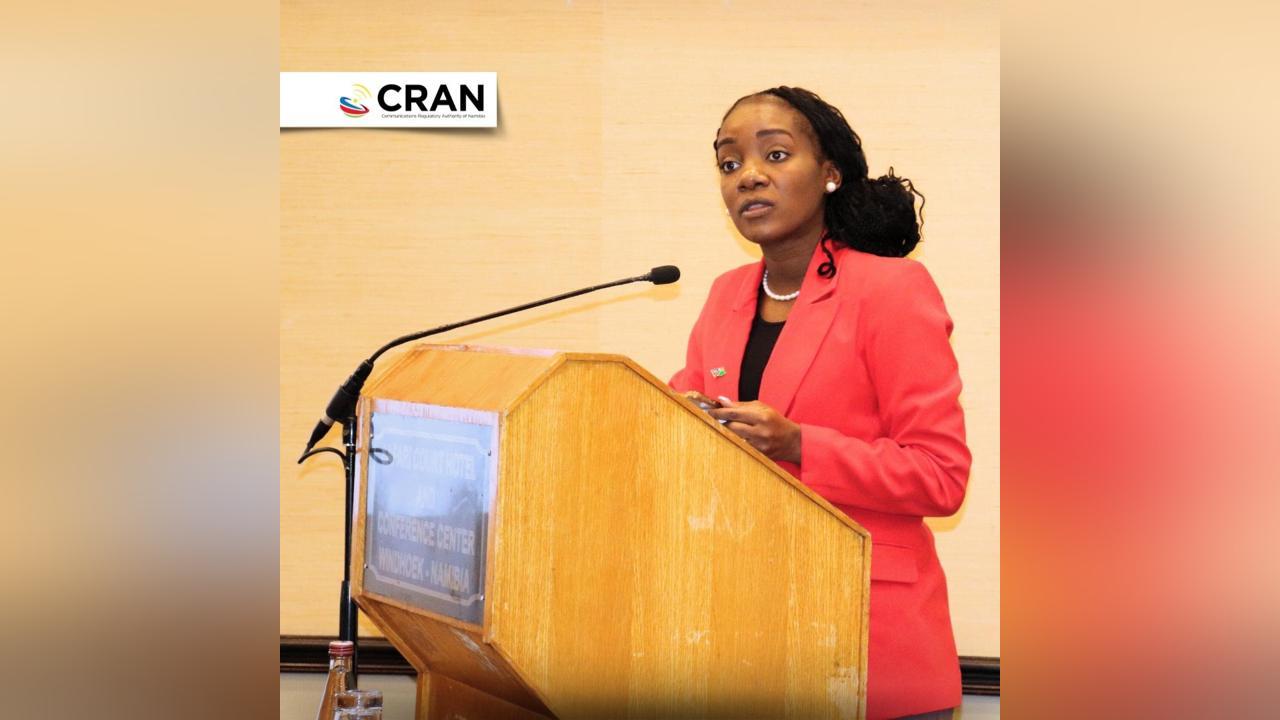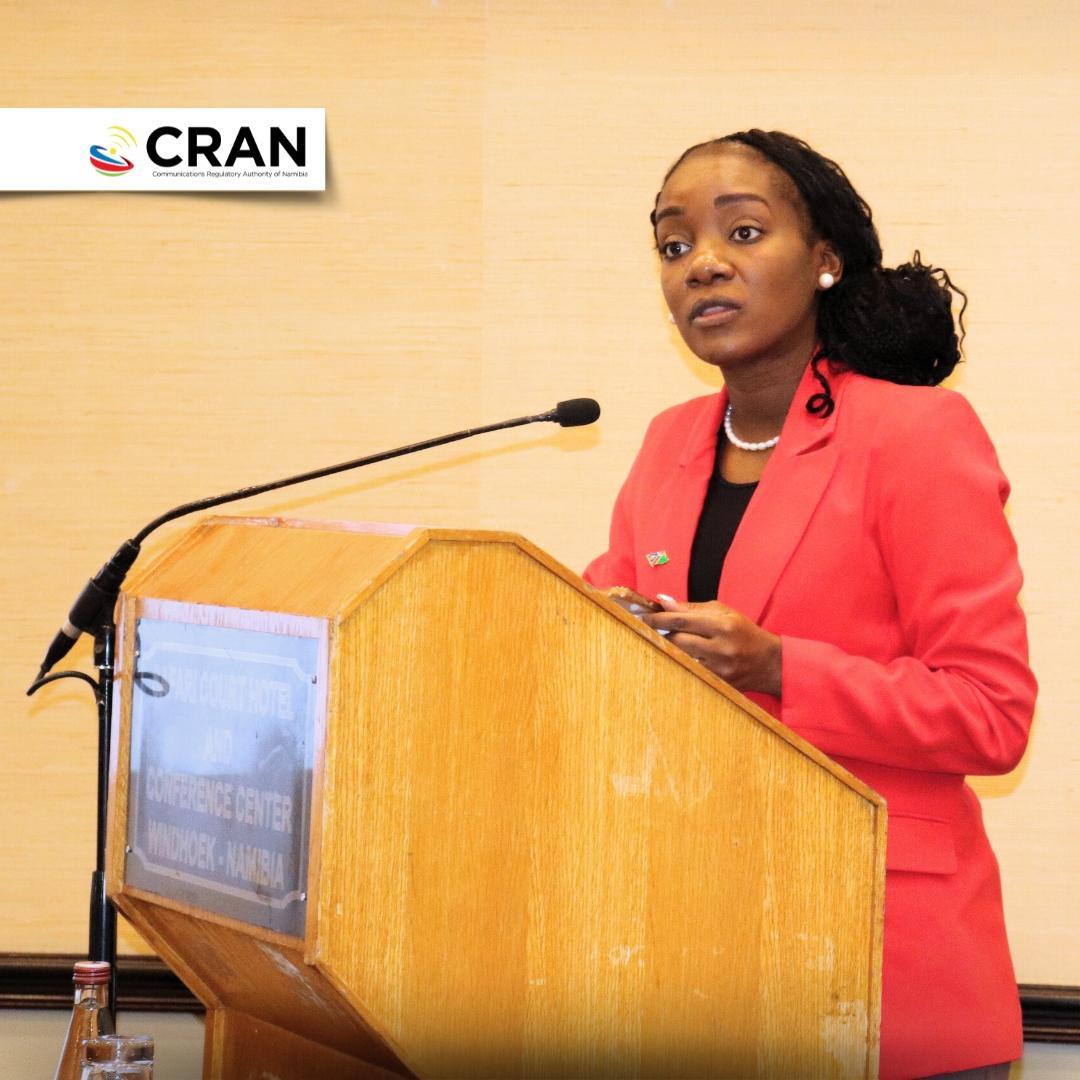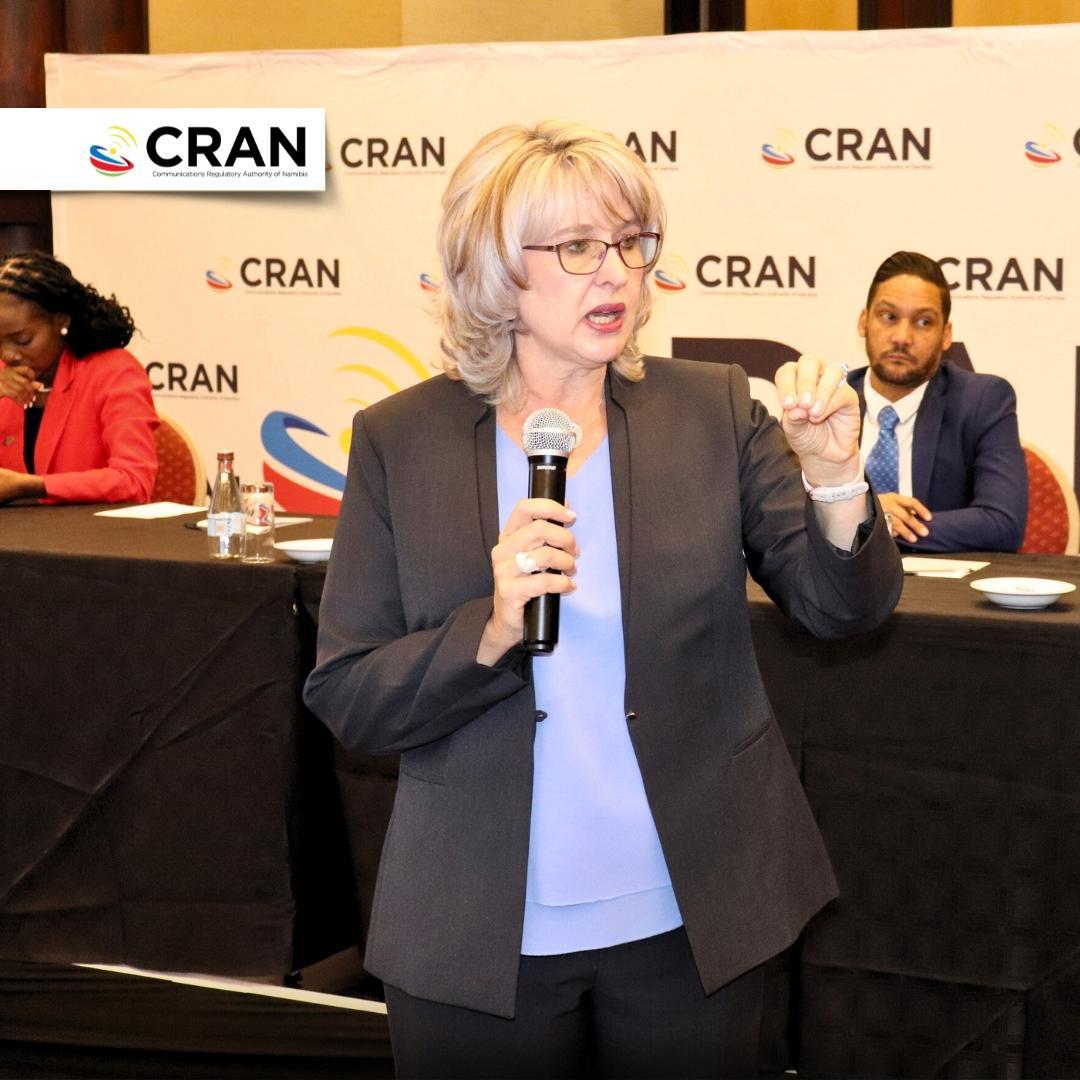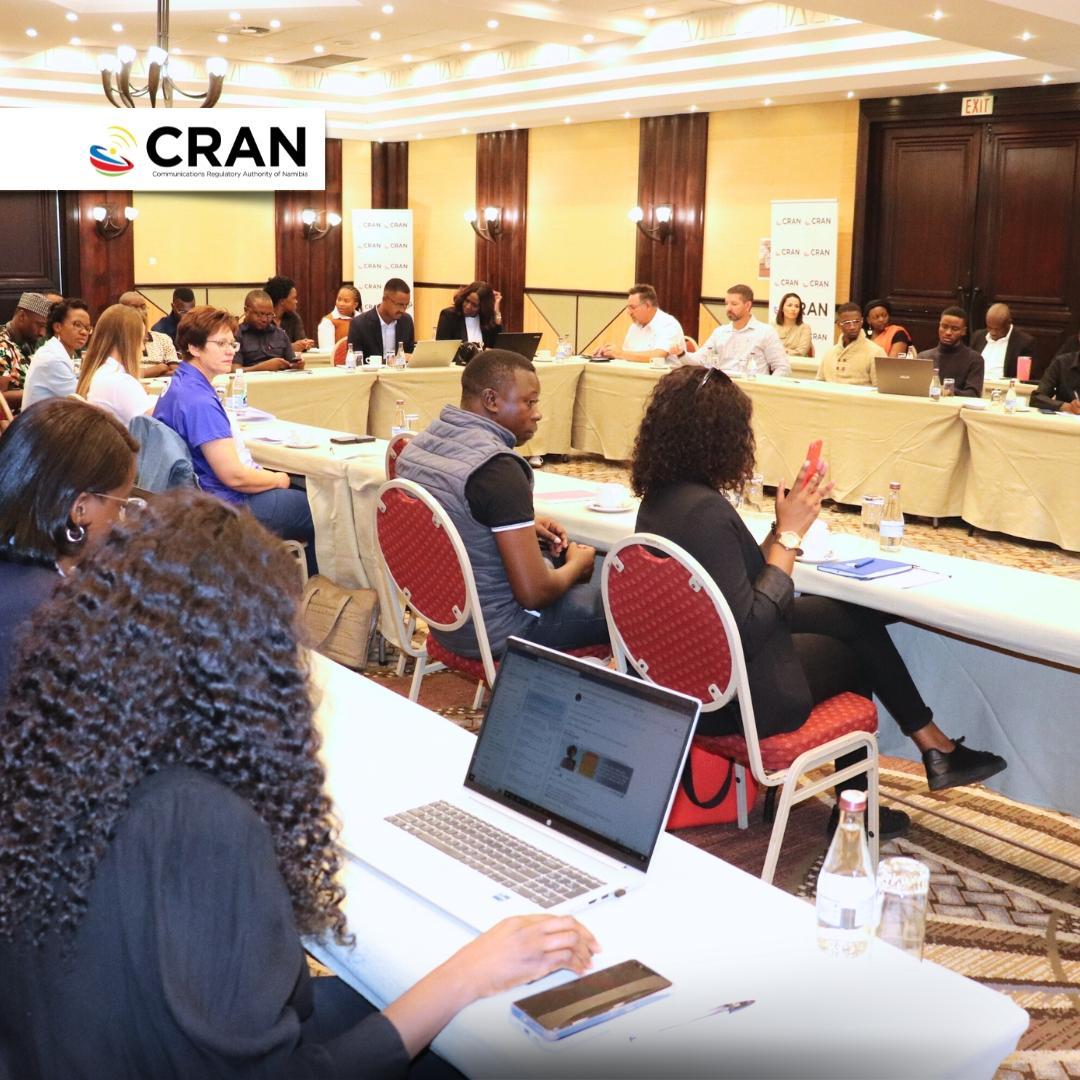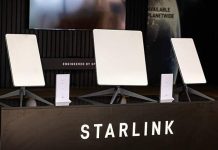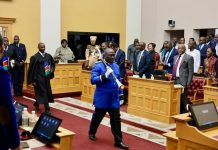Africa-Press – Namibia. ACCORDING to a recently released study by the Namibia Communications Authority (CRAN), the Mobile Telecommunications Company (MTC) controls a total of 82% of the wireless end-user access market at the end of 2023. This includes call and SMS origination as well as Internet access provided via mobile phones, dongles, wireless modems, wireless routers, or VSAT terminals.
Its competitor, Telecom Namibia, controls a mere 17% of this market share but has market power through its national fibre network for mobile data and is therefore able to exercise power in the market.
This was revealed by Helene Vosloo, Executive of Economics and Market Development at CRAN, who explained that a part of the Dominance study in the telecommunications sector also allows CRAN to identify anti-competitive behaviour and redress it. “You will see a lot of things happening in the market in the next year; some of it will be to address anti-competitive behaviour from any operator.”
In addition to this, the authority revealed that it is conducting a taxation study, which will see engagements with the government on reducing taxes in the telecommunications sector, primarily affecting the pricing of data and phone calls.
Further to this, CRAN is also conducting a pricing study on SMSes, voice clips, and data to determine prices for these mobile services.
Prinsloo said that a market study should be forward-looking and take into account not only the existing market conditions but also foreseeable market developments for the current review period.
Touching on other segments of the market, she added that the market for National Data Transmission covers all forms of prearranged connectivity within Namibia, excluding the end-user access section. It covers wholesale and retail services. The markets include any form of backhauling services for mobile operators, leased lines, Metro Ethernet, microwave, national IP transit, services rendered at submarine cable landing stations, and relevant facilities.
Vosloo said that the Namibia Power Corporation Ltd (Nampower) and Telecom Namibia Ltd control more than 85% of Namibia’s fibre routes. NamPower has a market share of 28%, Telecom Namibia 57%, MTC 9%, and Paratus 6% of fibre routes across the country.
“The licensee in question has such a share of the market in the class of telecommunication services in question that it is able to act independently of its competitors. Yes, Telecom Namibia. Telecom Namibia has 57% of the national fibre network and is able to act independently of its competitors, thus dominant. Telecom Namibia also controls infrastructure that is necessary for the provision of services and is able to exercise power in the market, making it a dominant operator. NamPower has a market share of 28% in terms of fibre network. Given its extensive national fibre network and its importance as backhaul for other licensees, Namibia Power Corporation controls infrastructure that is necessary for the provision of services and is able to exercise power in the market, also making it a dominant operator. MTC and Paratus are not dominant as per the aforementioned criteria, despite their newly built fibre routes with below 10% market share each,” Vosloo said.
For More News And Analysis About Namibia Follow Africa-Press

